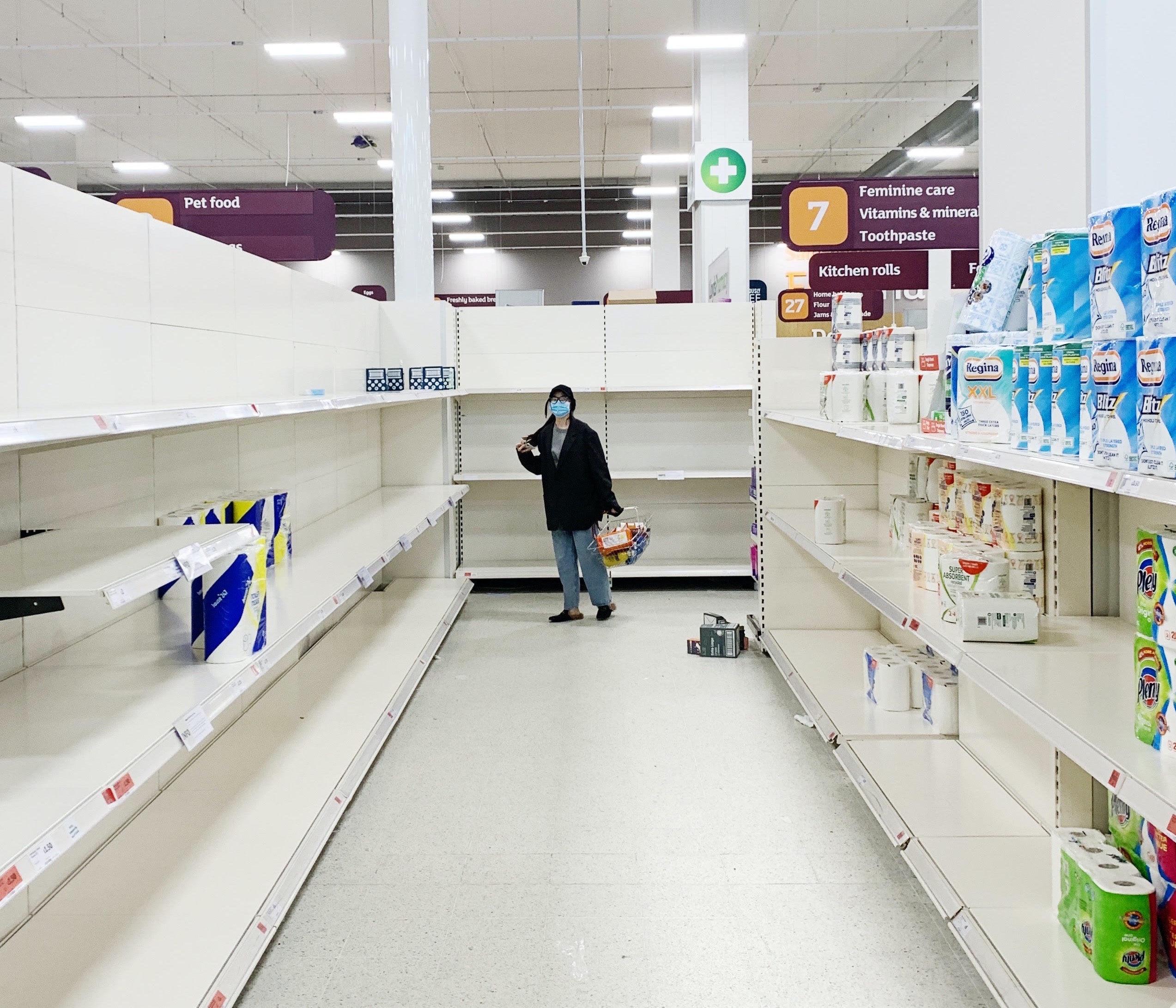



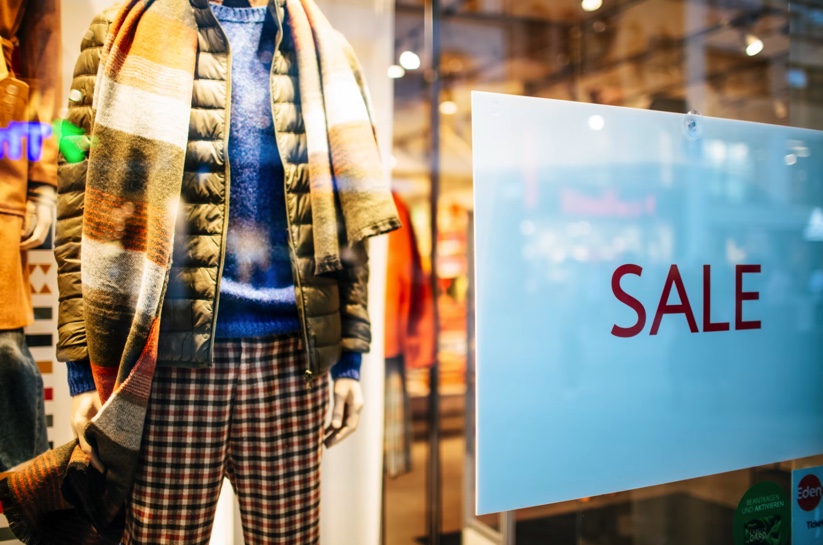


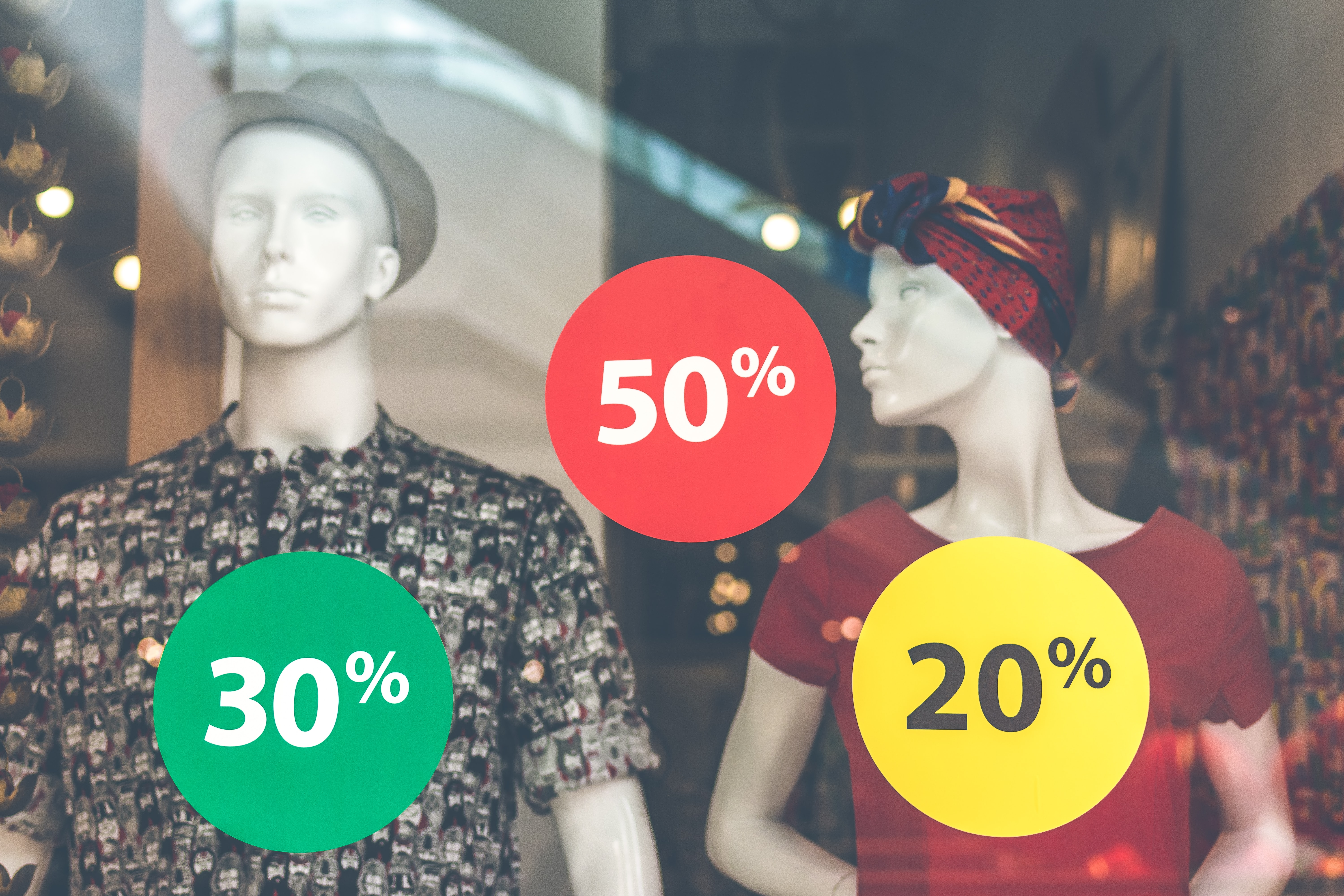
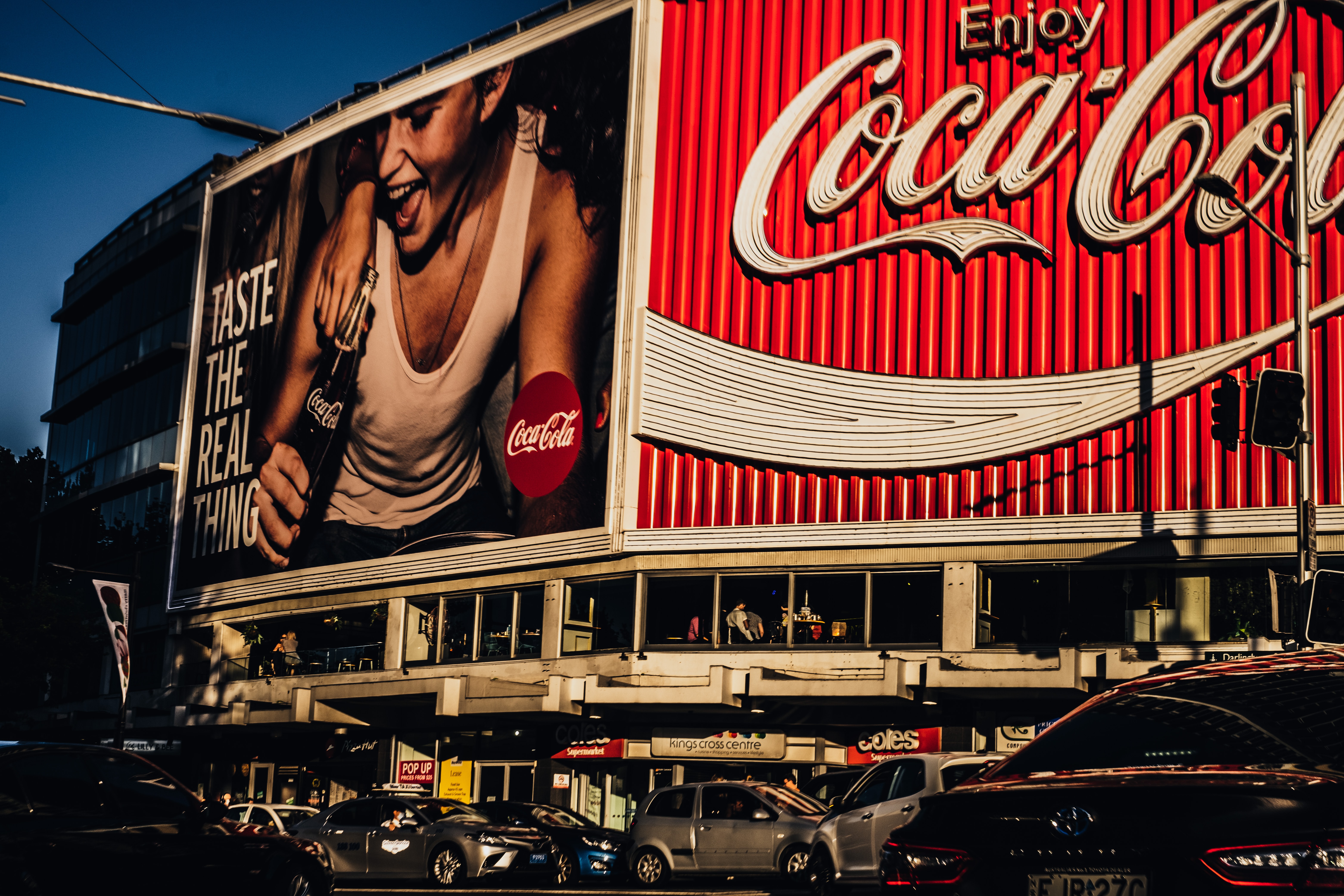


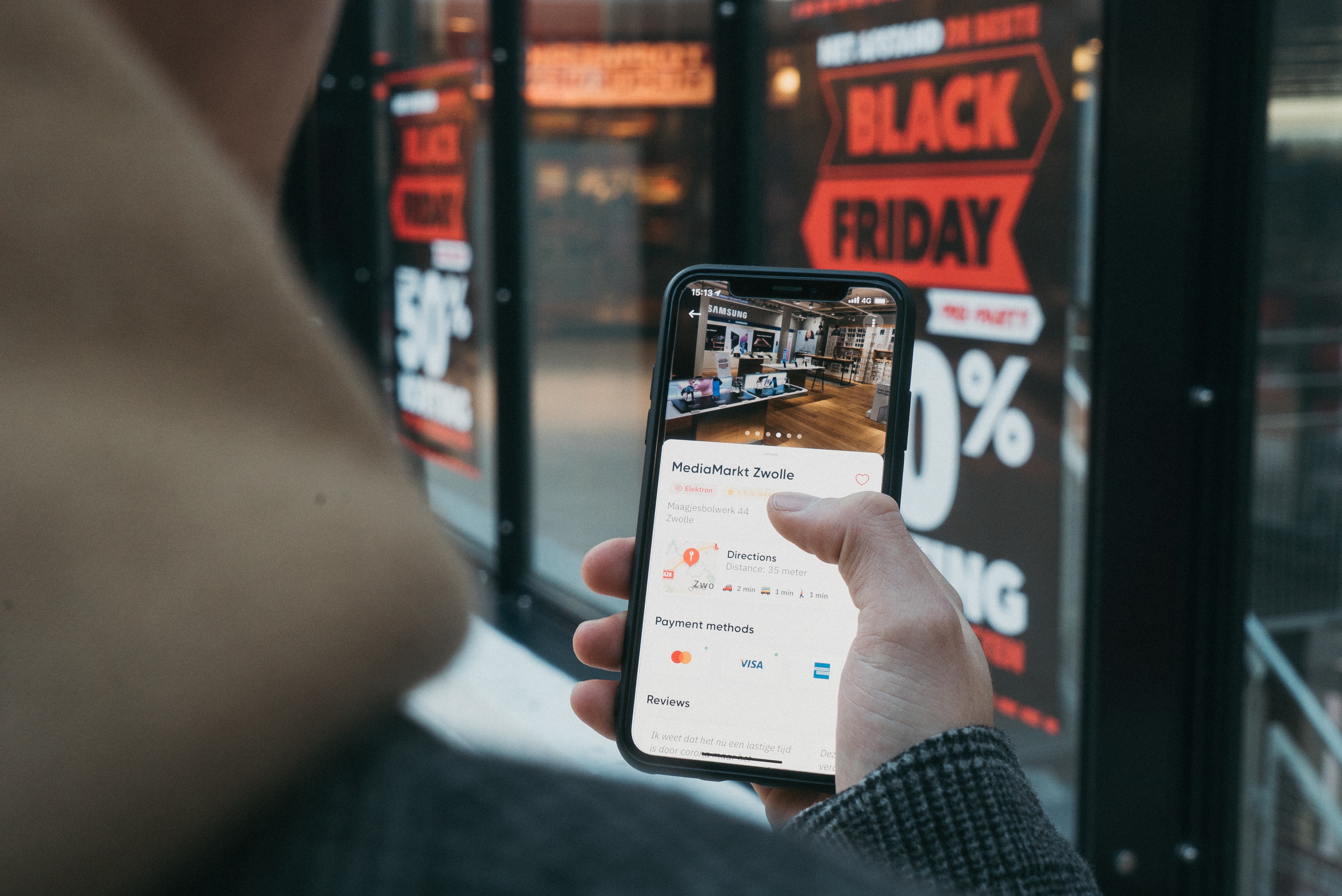
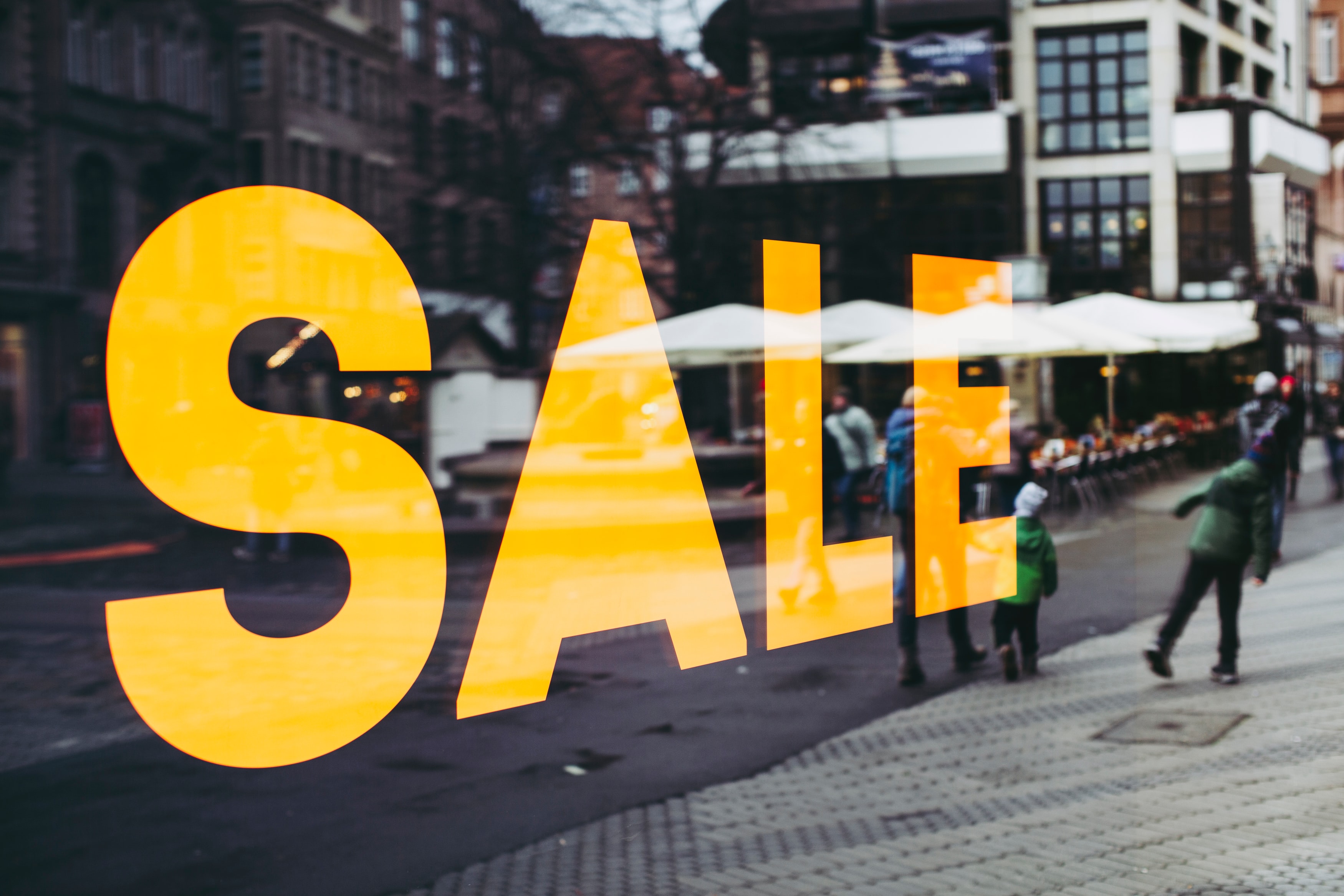
With Black Friday looming, the war for the customer’s attention is on. And, with easing lockdowns and life returning to normal, the online/in-store debate is the hot topic for brands trying to get ahead. Will customers be desperate to get back into the shopping malls post-covid, or will a Black Friday spent in lockdown have taught consumers a more peaceful alternative to fighting with fellow bargain hunters over the last discounted TV?
Having originated in the US, Black Friday’s popularity is snowballing globally, with 60% of our global community intending to take part this year. And, with offers released earlier and earlier every time, this flurry of sales is no longer contained to just one day. But, with this year marking the first time payday takes place after Black Friday weekend, brands are clambering to know whether hunger for discounts or the ‘hold on till payday’ mentality will win.
So, how can your brand get ahead of the competition? The secrets to success have been revealed by our global, always-on consumer insight community…
Unlock the Black Friday predictions here…

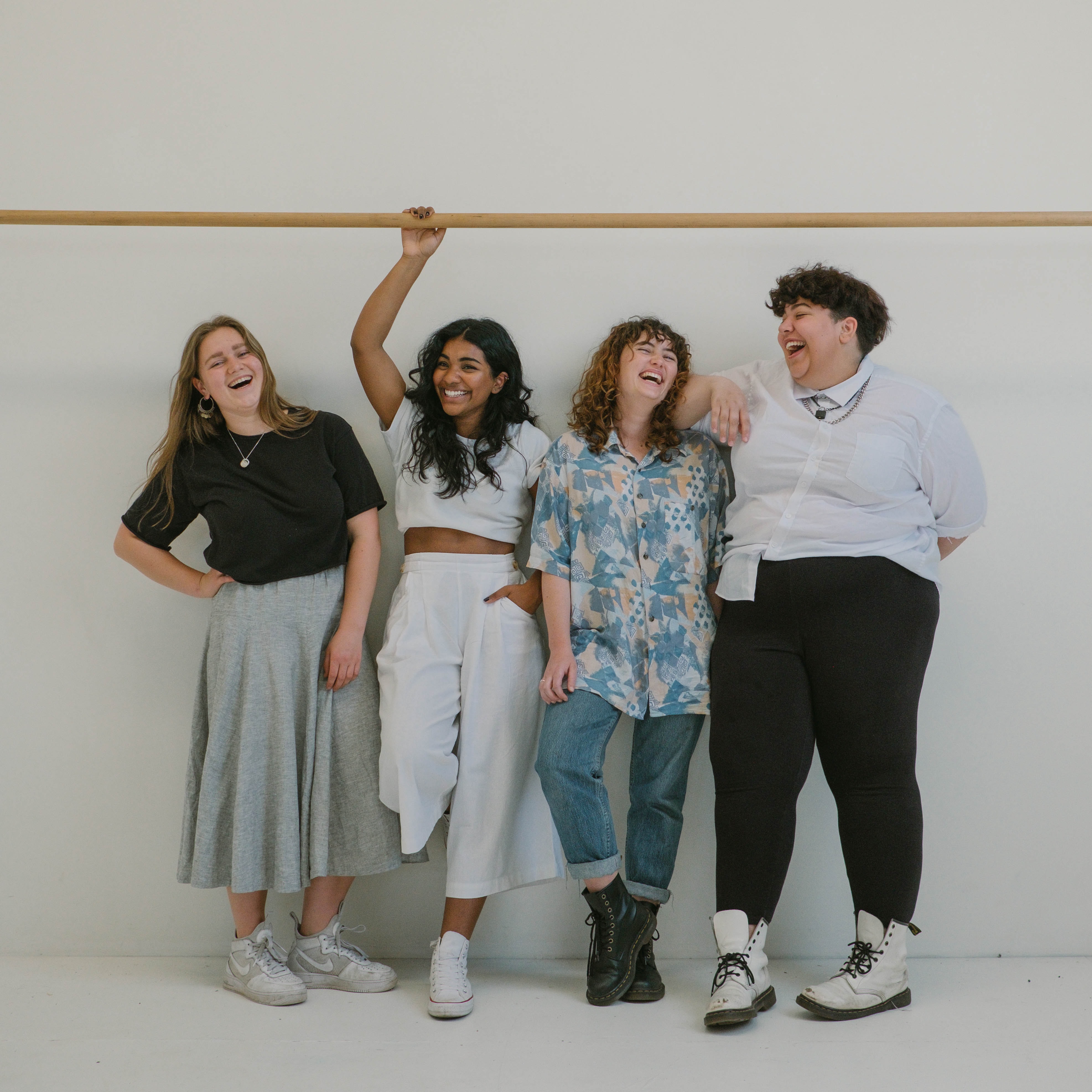
When asked ‘how diverse is your brand’ and ‘how inclusive is your company’, some might believe the two questions are merely synonymous. But they’re not just the same question repackaged. According to Forbes, diversity is the ‘what’: who is sitting at the table. Inclusivity, on the other hand, is the ‘how’, the brand culture that allows diversity to prosper: have you pulled up extra chairs to that table?
When 72% of our insight communities believe that brands have a responsibility to be involved in D&I conversations, it’s more important than ever for your brand to embrace an equal and inclusive future. However, despite our online panel being overwhelmingly in favour of brand activism, more than half of them were untrusting of the brands that allied themselves with these causes.
How can brands overcome this double bind of championing progressivism without being damned as inauthentic? We caught up with Ellis Lanyon, Head of Digital for NYX Professional Makeup, Network Chair of L’Oréal UK & Ireland’s LGBTQ+ Employees and Allies Network OUT@L’Oréal, and a British LGBT Award Nominee 2020. He told us how NYX Professional Makeup, a pioneering brand for gender, sexual and racial equality, are working towards a more inclusive future.
Here’s what Ellis, as well as our insight communities, had to say…
Unlock the expert advice from L’Oréal UK & Ireland…

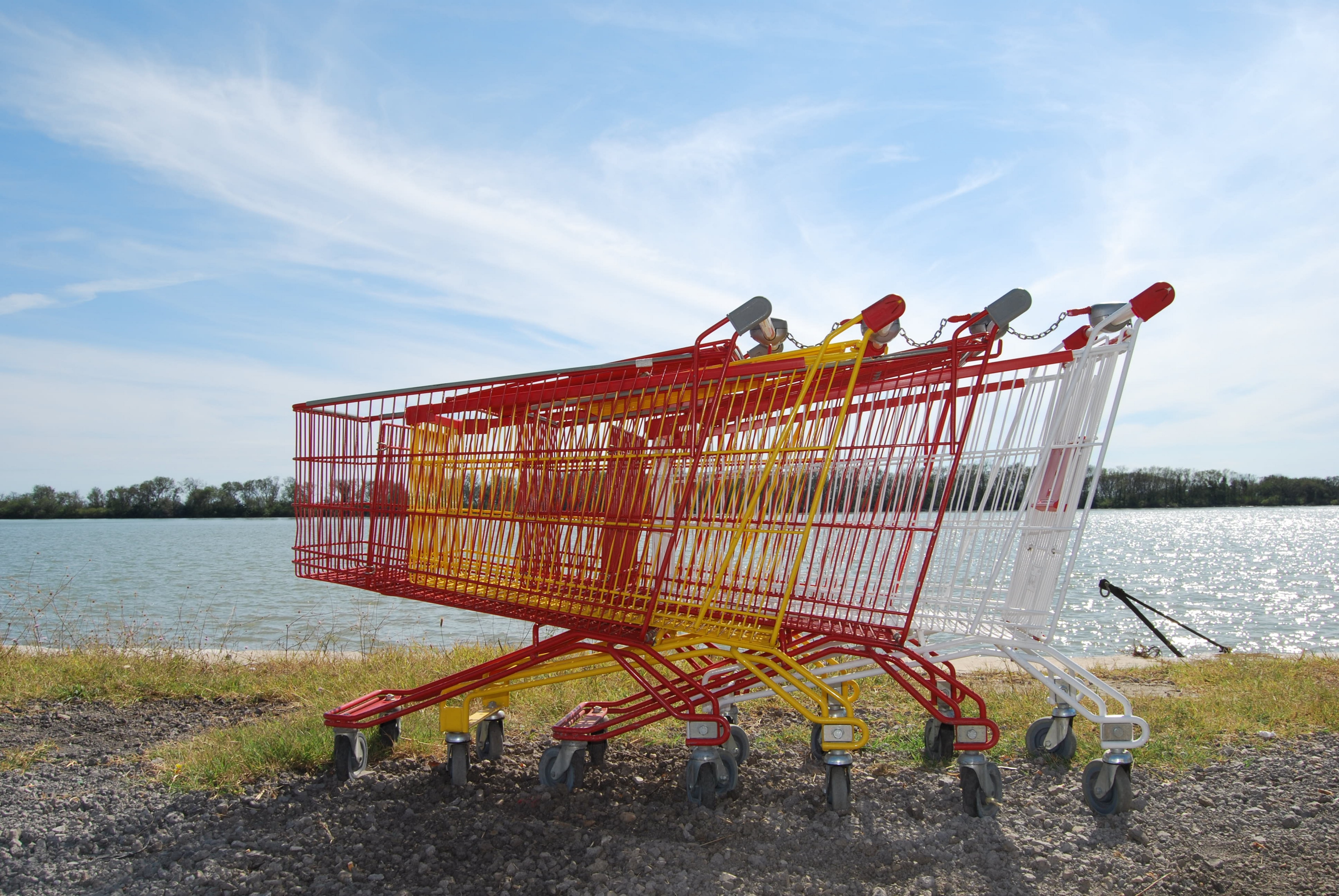



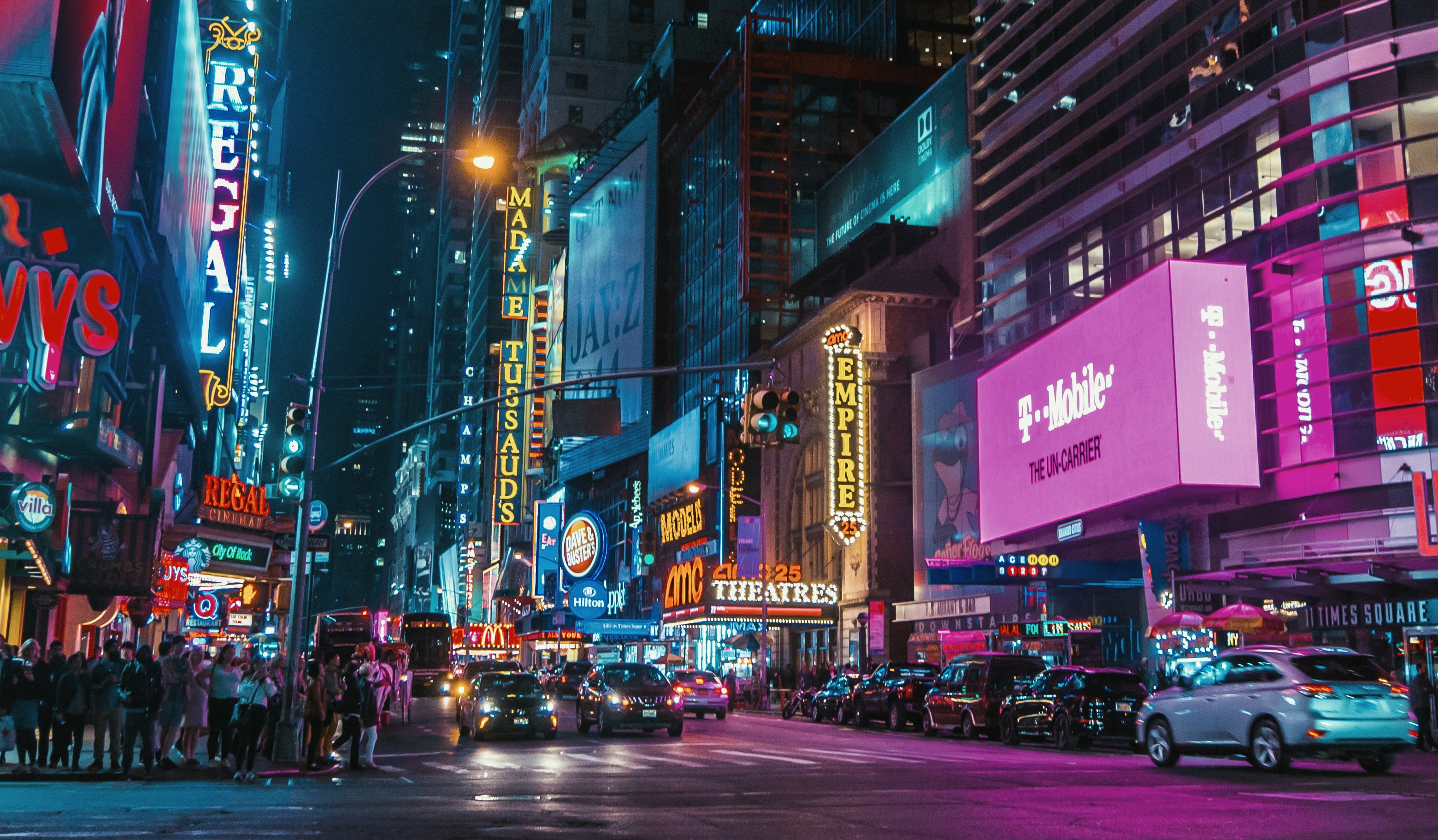
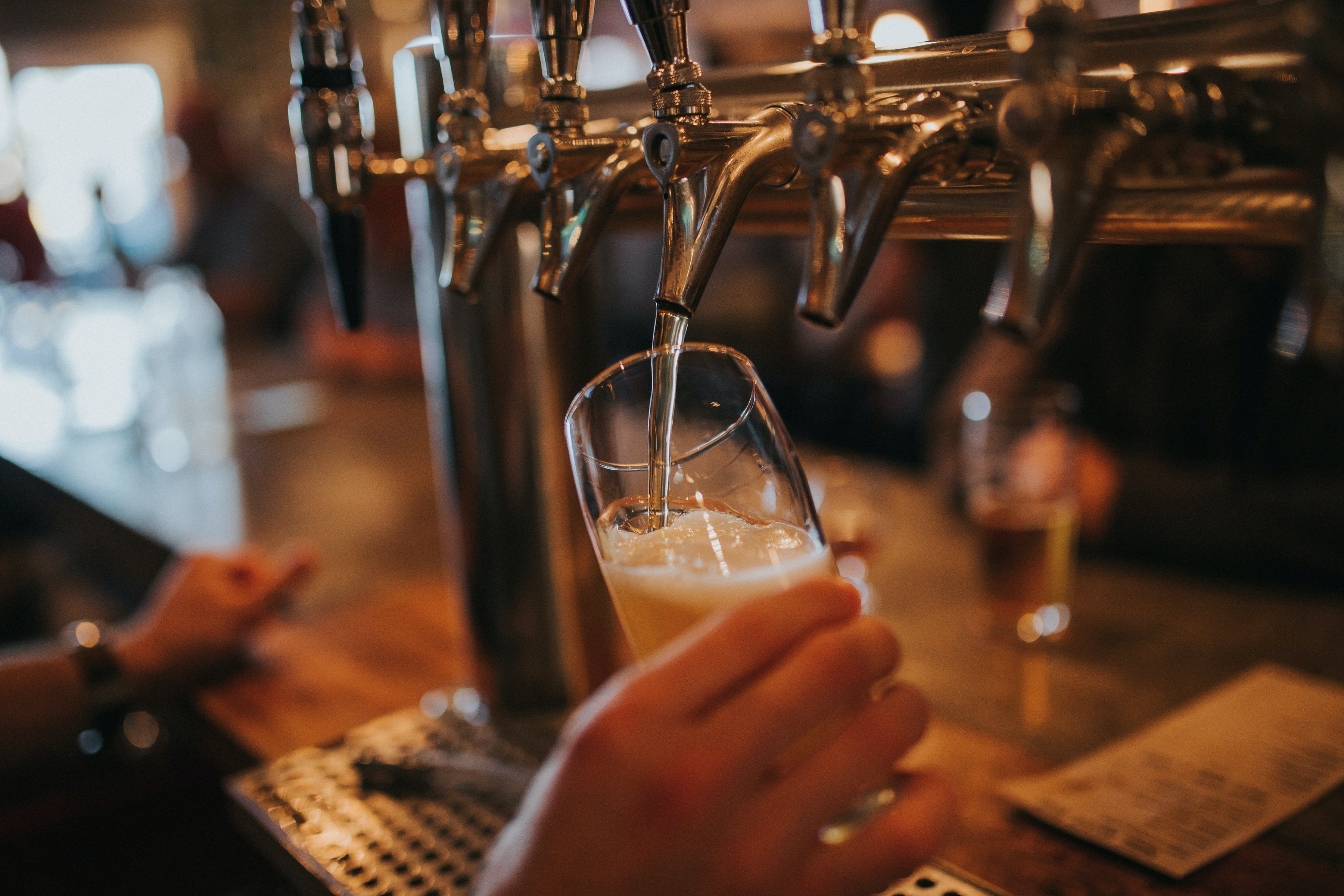
As the UK begins to reopen and cities blossom with life once again, we checked in with our community to see if they were excited for the return of the hospitality industry.
Here’s what they had to say…
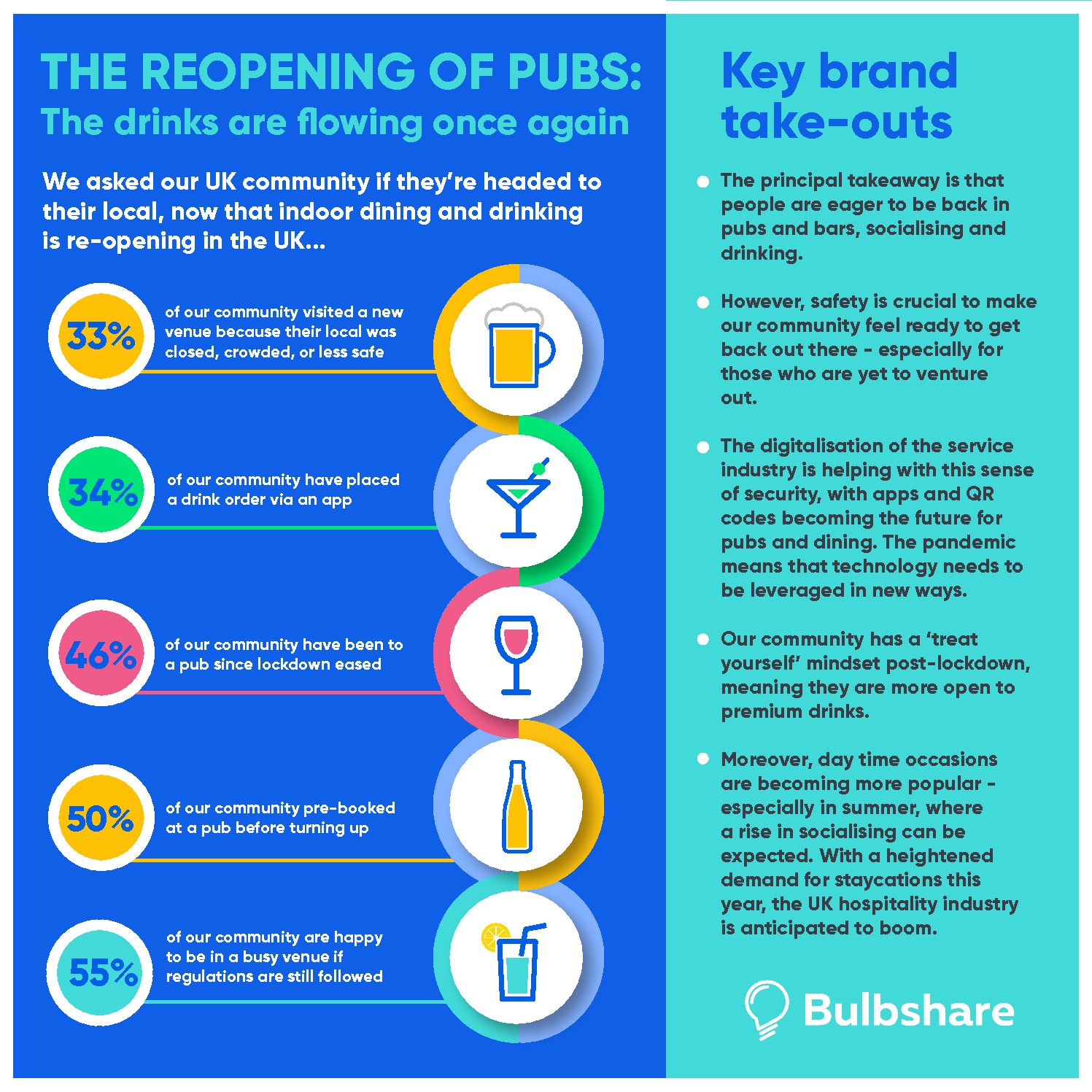
Though there was eagerness to return to a life that isn’t defined by masks, working from home and zoom quizzes, there was consternation over safety.
That being said, half of the community were willing to try a bar or pub that had a lively atmosphere and a lot of customers.
The industry should anticipate customers ready to spend on premium products, and prepare for the digitalisation of service.
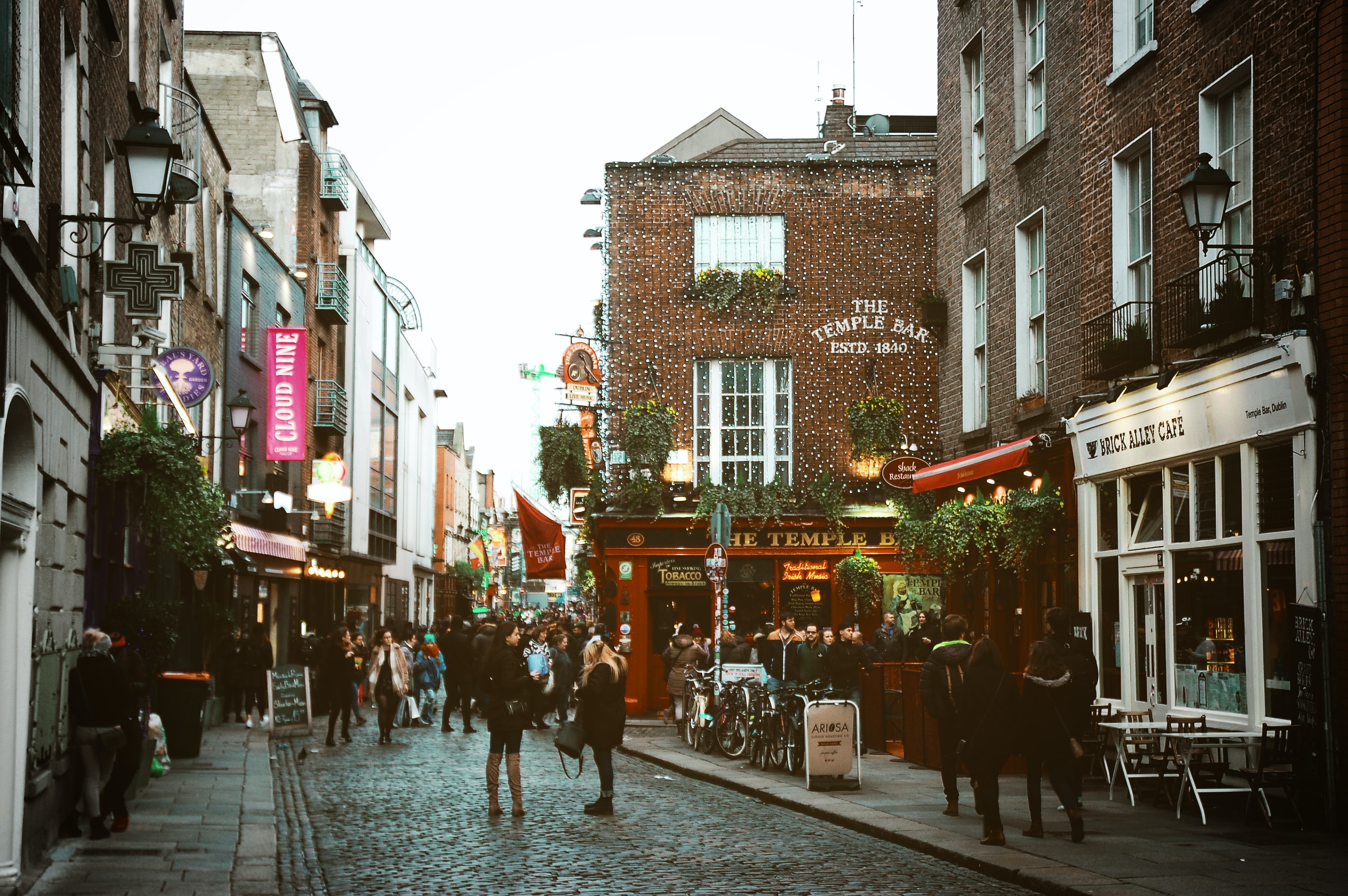
The key insights around the future of socialising…
Join us for an hour of insights examining emerging consumer behaviours as we return to eating and drinking in public spaces like coffee shops, restaurants and bars.
We’ll look at consumer perspectives on how the service industry has reacted and chart the key consumer trends impacting the future for brands.
Featuring industry experts:
👉 Rhys Humm: New Business Development, Costa Coffee
👉 Elizabeth Davies: Senior Category Manager, Budweiser Brewing Group
👉 Louise Hughes: Collaboration Director, Bulbshare / Retail Strategy Expert, Boots, Reckitt Benckiser, AB InBev
👉 Sebastian Szczukiewicz: Client Collaboration Lead, Bulbshare
Request our webinar recording now to unlock all the insights…
Request our webinar recording now to unlock all the insights. Just share your details below and we’ll email you with a link…

The UK’s new traffic light system has everyone eagerly hanging on for the green light for holidays abroad. So, we approached our global insight community and asked them if they’re desperate to be relaxing on an exotic beach somewhere – or if they prefer the safety of home this year.
Here’s what they had to say…
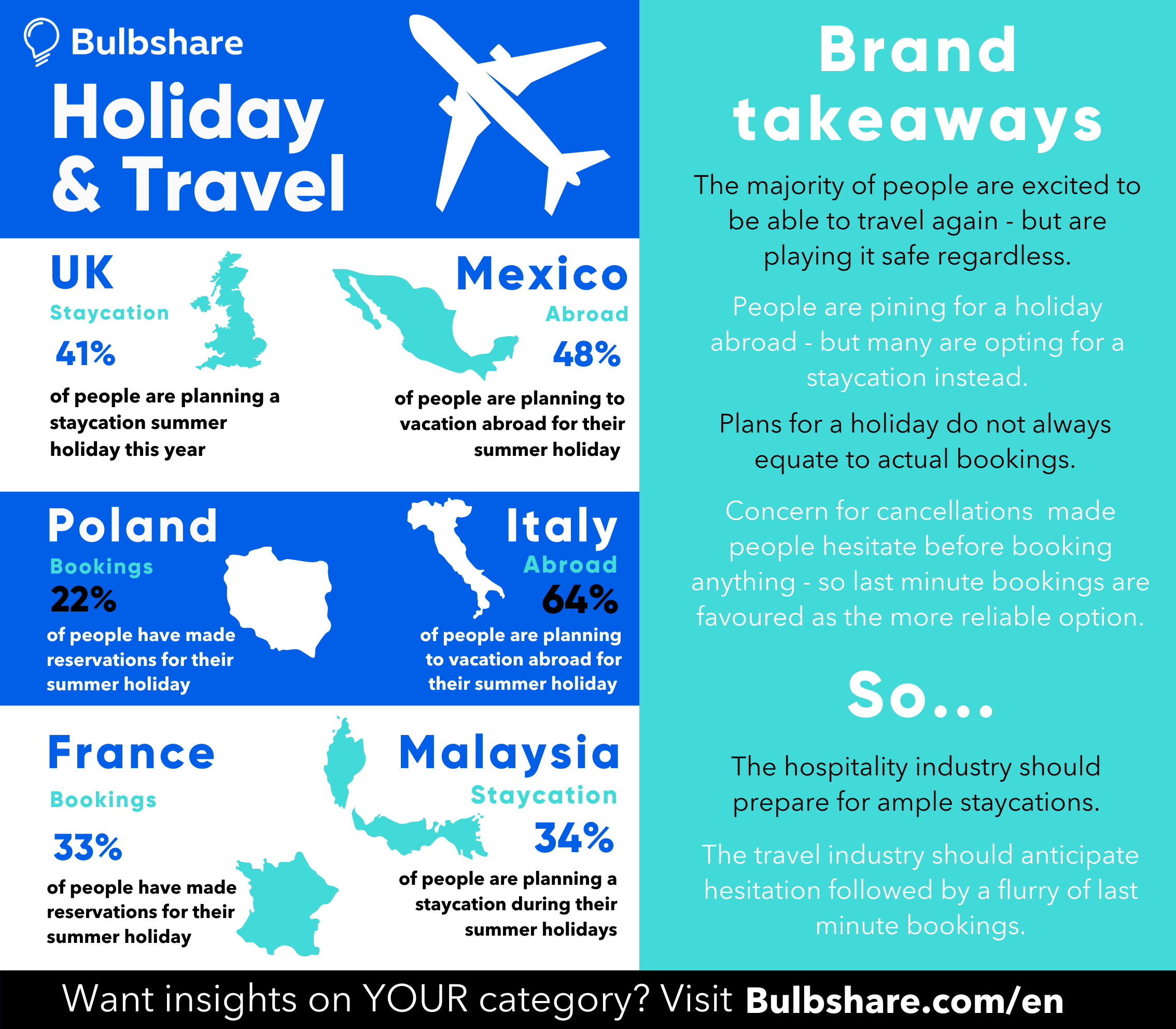
“Because, after having so many obligations and duties during lockdown, I would like to relax and be treated. But above anything else, travel is good for our economy.” – Bulbshare user, Male, 43, Italy
Despite restrictions, ambiguity and costs, there is a shared enthusiasm for travel amongst all communities. 78% of our Polish users, 84% of our Italian users, 92% of our Malaysian users and 64% of our UK users all have their fingers crossed for a holiday this year. Whether that translates to bookings and plans is another question, so travel agencies will have their work cut out for them in converting desire into determination…
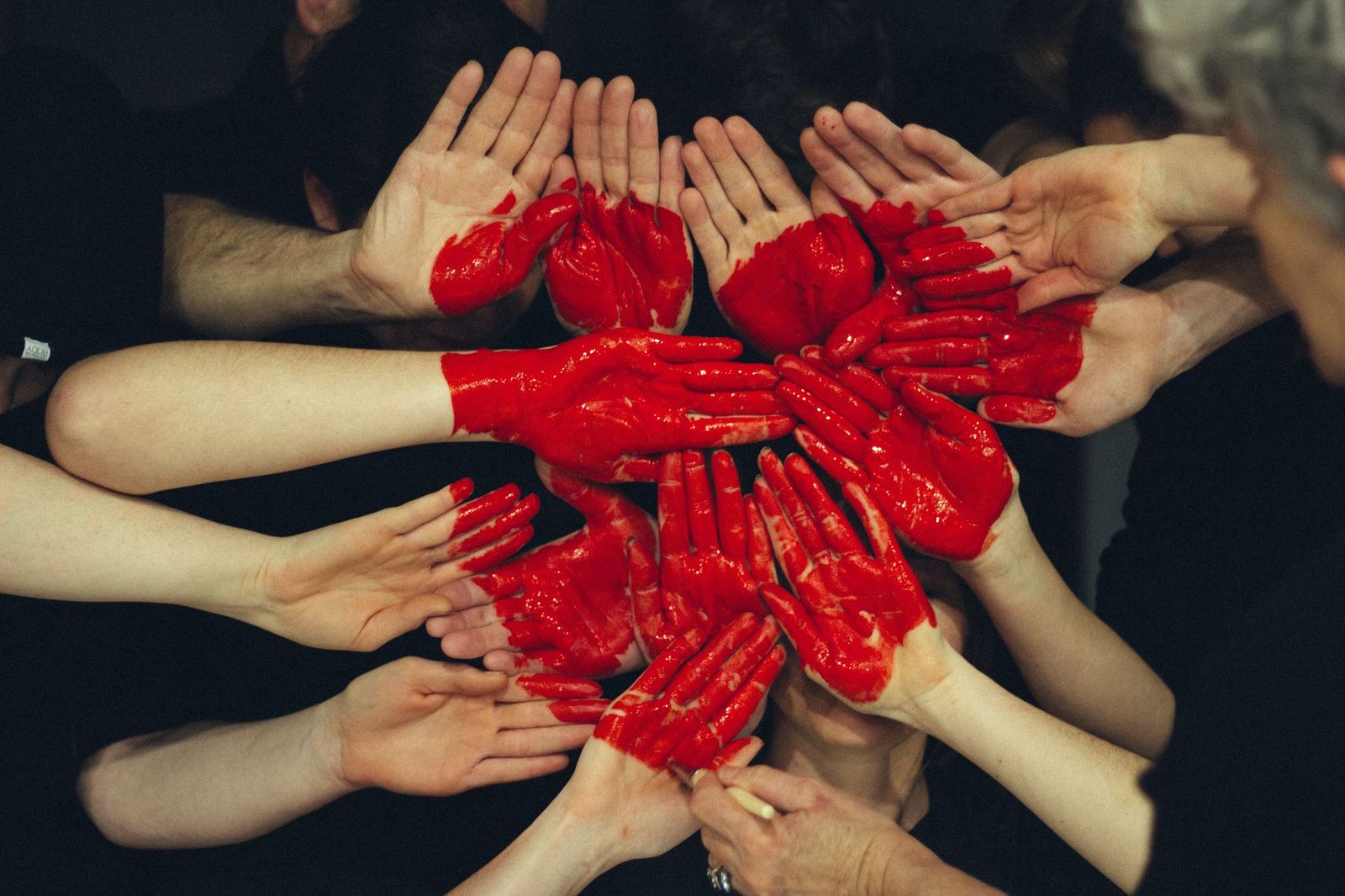
The key insights around the future of brand advocacy
Join us for unmissable insights around the power of customer communities – and why they are shaping the future for brands. Just request our webinar to discover the importance of building online customer communities, the power of customer advocacy, the role of user-generated content for businesses and the changing idea of ‘authenticity’ for modern audiences!
Featuring industry insiders:
👉 Gordon Glenister: Head of Influencer Marketing, BCMA
👉 Louise Hughes: Collaboration Director, Bulbshare
Request our webinar recording now to unlock all the insights…

With the UK tentatively reopening next week, we asked our community how they felt about heading back out for a pint! On the cusp of so much change, we wanted to know whether they feel cautious about going out for the first time in so long or are rearing to go…
It’s safe to say, our community were excited to be back out, with a beer in hand!
Check out the infographic to discover what our UK market research communities had to say about drinking and dining this summer.
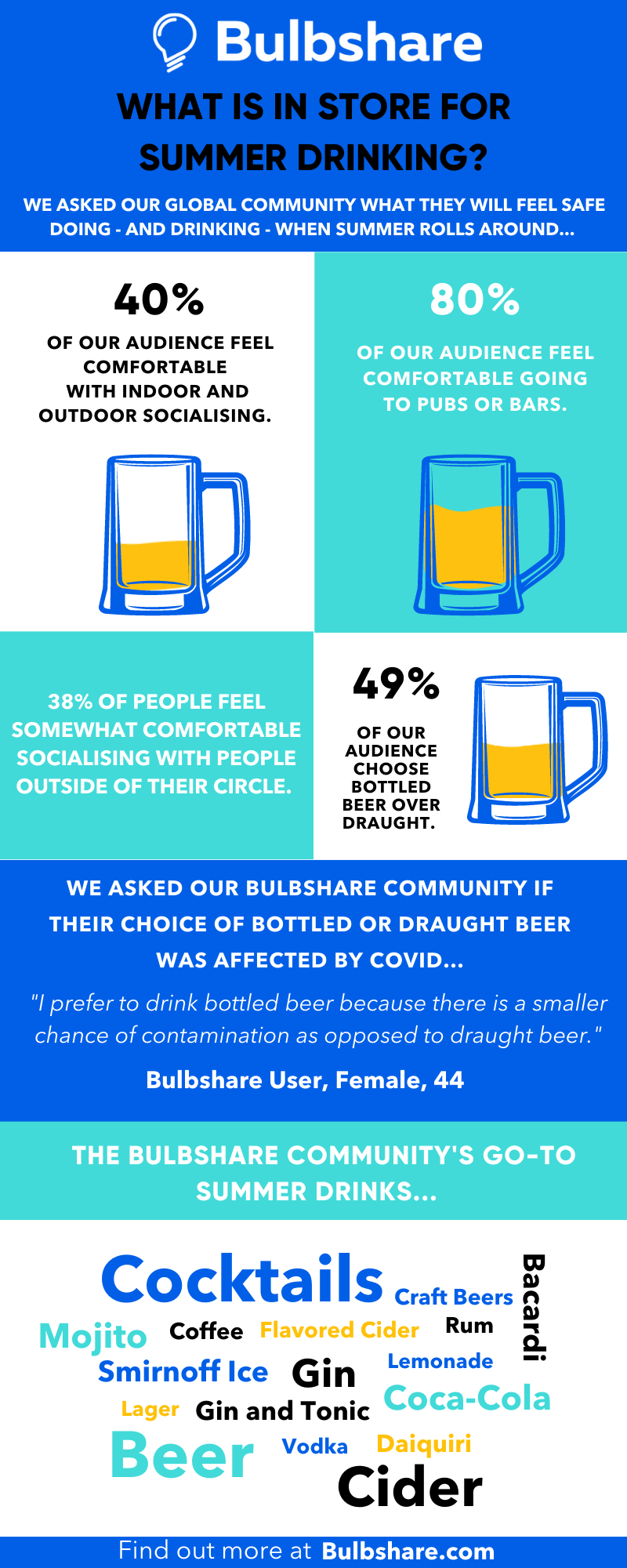
“I am excited to have more freedom to enjoy time with family and friends again” – Bulbshare user, Female, 55, UK
80% feel comfortable going to BBQs and picnics, 63% are heading back to bars and pubs and 78% are going to beer gardens. It’s safe to say the hospitality industry will have a lot on their plates this summer; seats will be full in pubs, restaurants and bars for the first time in months.

Working from home has become the new normal. And with the world’s transition to remote working well under way, we are all wondering whether a full return to the office will ever be a possibility.
So, we checked in with our Bulbshare community to gauge their thoughts and feelings on working from home, burnout, and digital fatigue. With all this time online, we wanted to know if the blurring of work and home is making them more tired and less productive – or if they are loving this new homebody lifestyle!
Check out our digital fatigue infographic below to discover the insights…
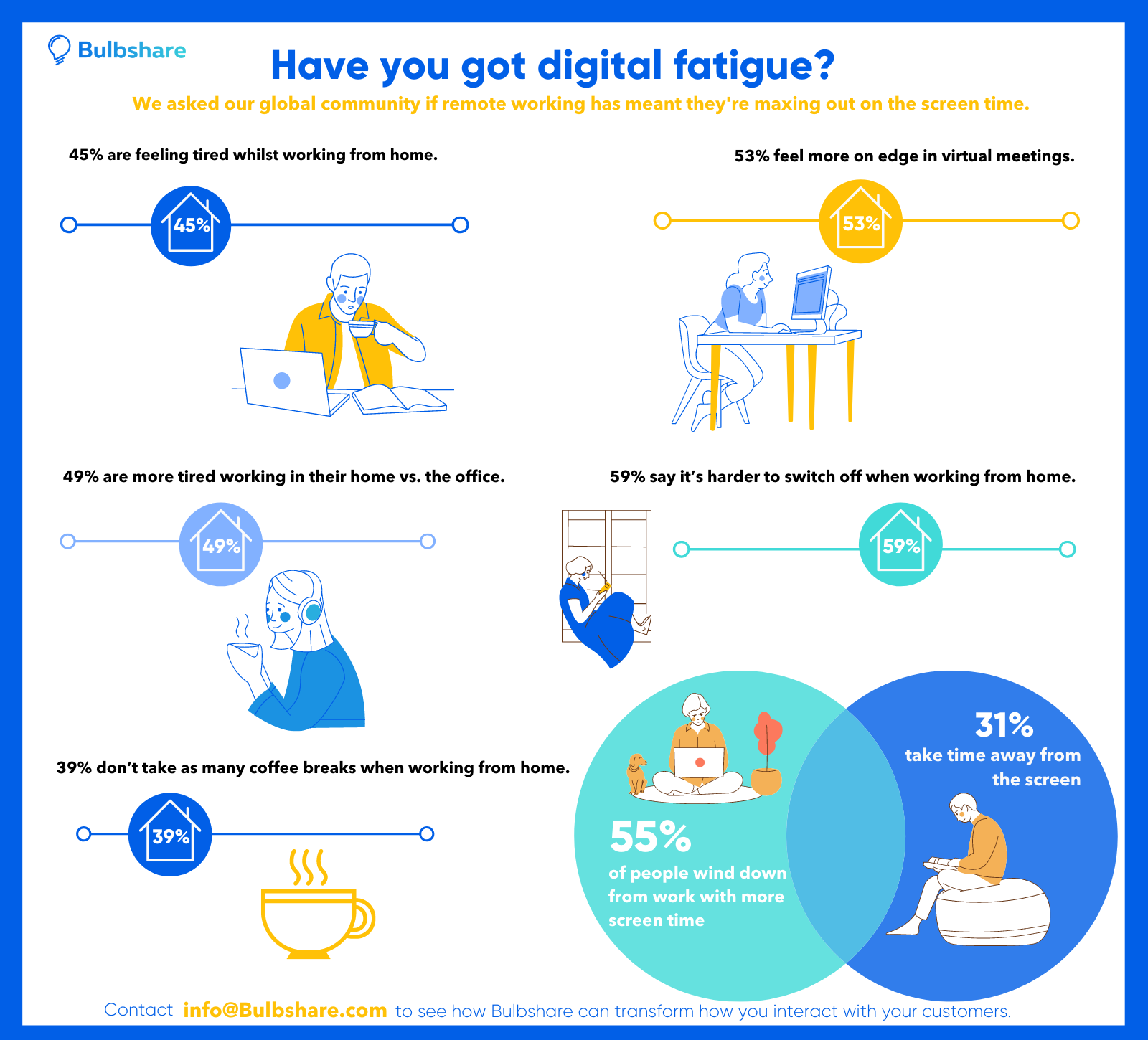
“The boundary between work and home is often much blurrier” – Bulbshare user, Female, 34, UK
When 59% of our digital communities said they found it harder to switch off mentally after work and 39% take fewer breaks, it is clear that our focus groups are feeling burnt out. With such heightened anxiety, loneliness and exhaustion from all the time away from reality and colleagues, it’s time to look to new ways of forming connections and fostering togetherness.
There is no better way of simulating that sense of companionship in these remote and isolating times than through virtual communities.
To find out how these insights could benefit your business, get in touch at info@bulbshare.com.
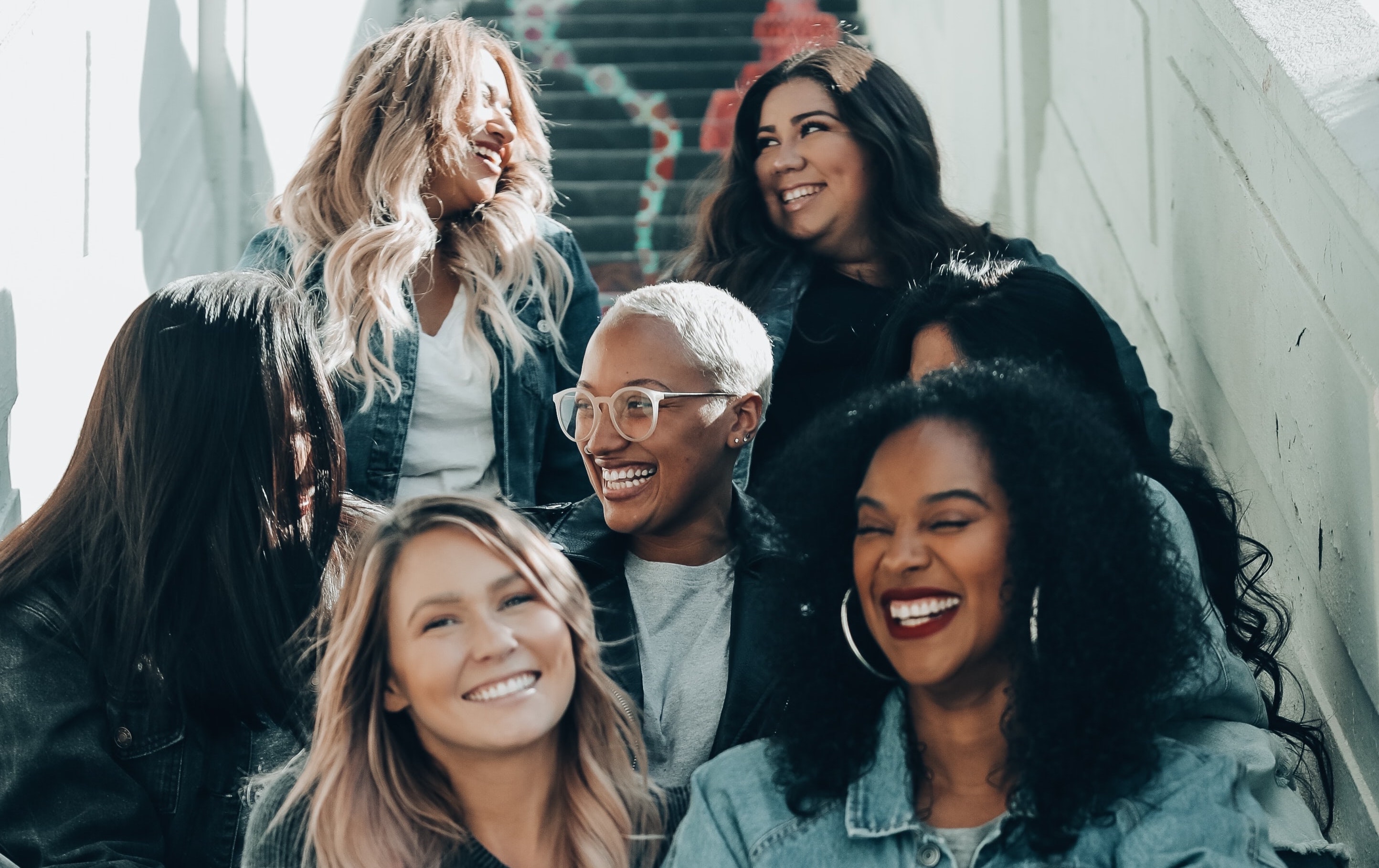
Consumer insight communities are fast becoming an indispensable part of brand strategy when it comes to building connections and truly understanding your customers.
More and more leading global brands are investing in these types of direct relationships and with 88% of Bulbshare’s global insight communities reporting they are eager to be involved in brand decisions, the desire to connect is clearly reciprocated by consumers.
So, what are the secrets to building and maintaining these communities, and how can you best utilise them to be truly customer-led and turn your customers into friends, followers and fans?
Unlock the answers with Bulbshare’s ten-step toolkit. Just fill in your details below then check your inbox…
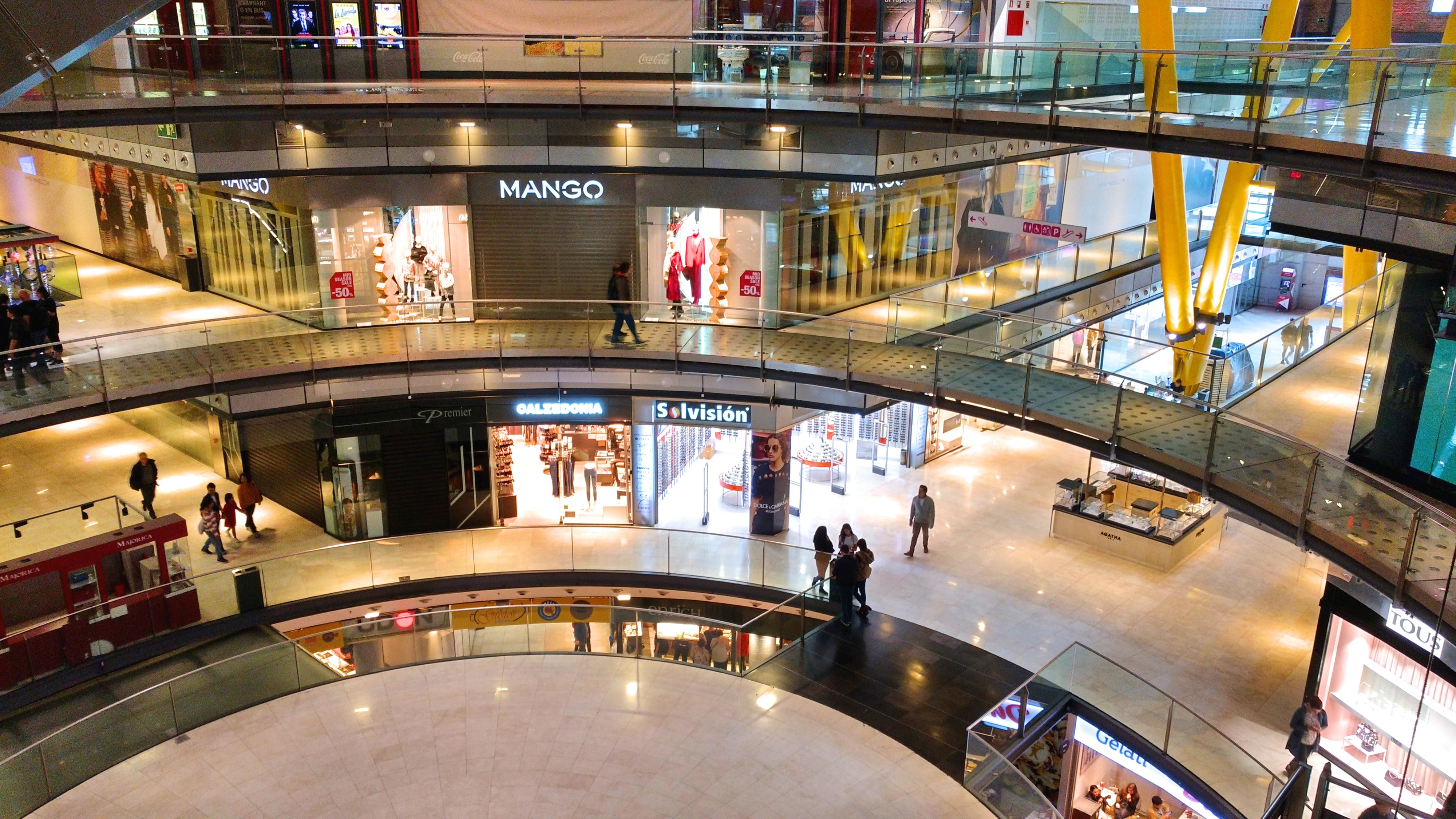
The key consumer shopping trends post lockdown and what they mean for retail, brands and shopping centres.
How will our idea of the high street and shopping centres evolve over the next 12 to 18 months? What does it mean for brands and what are the retail trends set to shape the future?
Join us for an hour of insights as we look at the key consumer shopping trends post lockdown, examine the impacts for brands and offer expert guidance on how to react.
Featuring an industry expert panel:
– David O’Shea: Director, Time Retail Partners
– Louise Hughes: Collaboration Director, Bulbshare / Ex Retail Strategy Expert, Boots, RB, AB InBev
Request our webinar recording now to unlock all the insights…